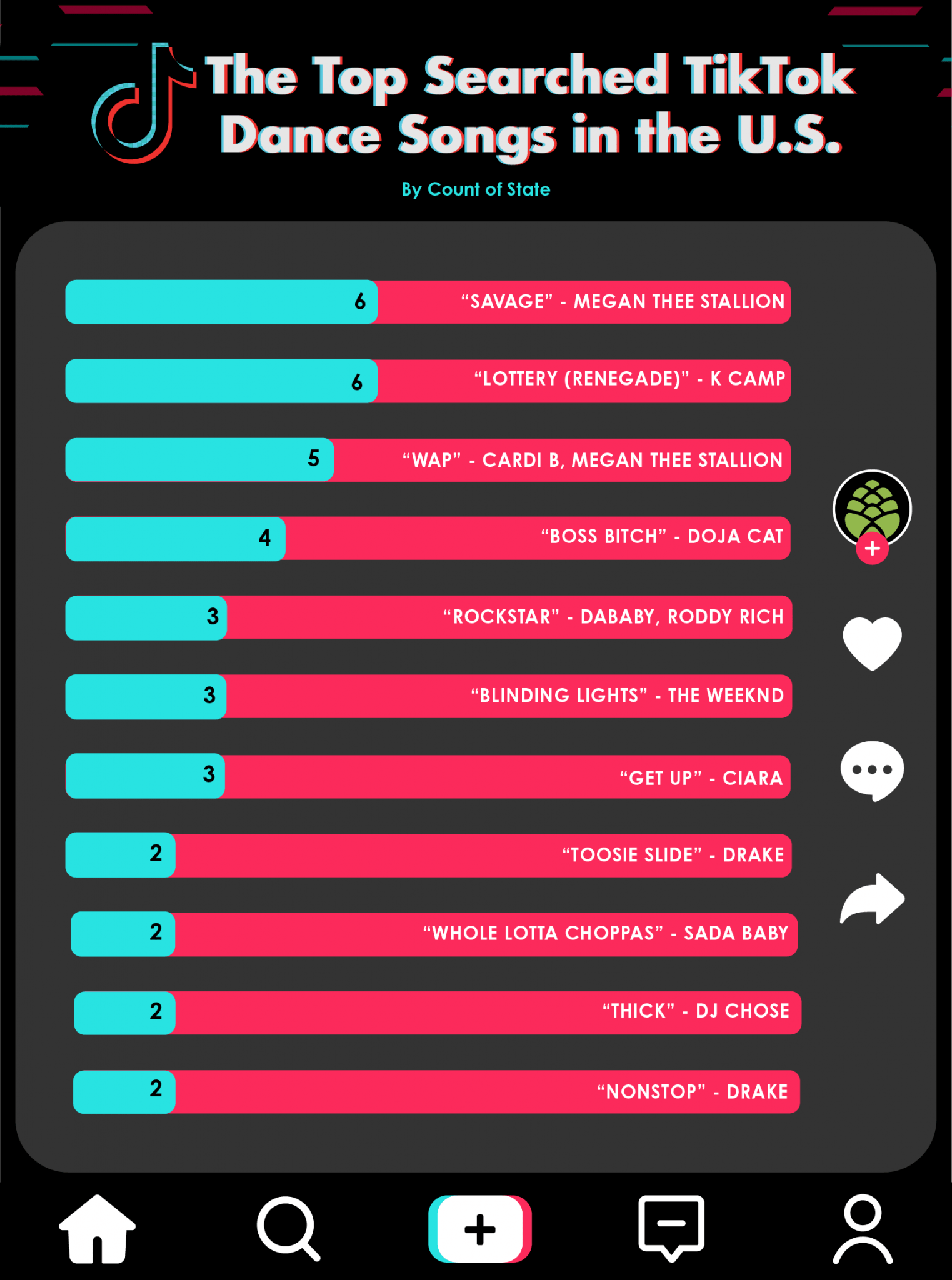Remember that catchy tune you couldn't get out of your head last week? Chances are, it wasn't from a meticulously planned album release or a big-budget music video. It probably wormed its way into your brain through a ten-second clip on TikTok, the social media platform that's become an unexpected kingmaker in the music industry.
TikTok's impact on the music world is undeniable. Songs skyrocket to popularity overnight, fueled by dance challenges, lip-sync videos, and a whole lot of creative content. But how does this phenomenon actually work? What makes a song go viral on TikTok, and what does it mean for artists trying to break through in this new landscape?
TikTok's rise as a music powerhouse is a fascinating blend of algorithm magic, user-generated content, and the sheer power of trends. The app's "For You" page, powered by a sophisticated recommendation algorithm, serves up a constant stream of videos tailored to individual users' interests. This creates a powerful feedback loop: the more a user engages with a particular sound or song, the more likely it is to appear on others' feeds, propelling it into viral territory.
This hyper-personalized discovery system has disrupted the traditional music industry model. No longer are record labels the sole gatekeepers of success. Artists can now connect directly with fans, build a following organically, and watch as their music spreads like wildfire through the app's vast network.
But it's not just about the algorithm. TikTok's unique format encourages creativity and participation. Songs become intertwined with dance challenges, comedic skits, and emotional lip-syncs, adding layers of meaning and shareability. It's this collaborative spirit that transforms a simple song into a cultural phenomenon.
The rise of the "TikTok song" has also sparked its fair share of debate. Some argue that it prioritizes catchy hooks and short-lived trends over artistic merit and long-term success. Others point to the platform's potential for exploitation, where artists, particularly young and emerging ones, might feel pressured to cater to algorithmic whims for a shot at fleeting fame.
Despite the controversies, the influence of TikTok on the music industry is undeniable. It's a powerful tool for discovery, promotion, and connection, offering both opportunities and challenges for artists navigating the ever-evolving landscape of digital music.
Advantages and Disadvantages of TikTok for Music
| Advantages | Disadvantages |
|---|---|
| Direct fan engagement and community building. | Pressure to create content specifically for TikTok trends. |
| Organic reach and viral potential. | Focus on short-form content may not translate to long-term success. |
| Leveling the playing field for independent artists. | Algorithm-driven discovery can be unpredictable. |
Whether you're an artist looking to leverage TikTok's power or a casual listener enjoying the latest viral hits, there's no denying the impact this platform has had on the way we consume and experience music.
Unlocking the depth exploring giyu tomiokas demon slayer quotes
Conquering the road toyota rav4 adventure maintenance costs explained
Exploring the nuances of light greige paint a sherwin williams focus
song popular on tiktok - You're The Only One I've Told
song popular on tiktok - You're The Only One I've Told

